Top 10 African Countries With The Largest Export In 2024

The largest export refers to the single most significant category of goods or services a country sells to foreign markets. This export contributes substantially to a nation's economy, impacting trade balances, employment, and economic growth.
The largest export of a country can vary greatly depending on its resources, industries, and global demand. For instance, oil-producing nations often have petroleum as their largest export, while agricultural countries may rely on crops or livestock products. Advanced economies might specialize in high-tech goods and services.
This export dominance can shape a nation's international trade policies, alliances, and diplomatic relations. It's crucial for governments and businesses to monitor and adapt to shifts in their largest export sectors to maintain economic stability and competitiveness.
African countries with the largest export in 2024
- South Africa: US$94.4 billion
- Nigeria: US$52.9 billion
- Angola: US$41.8 billion
- Algeria: US$41.7 billion
- Libya: US$30.6 billion
- Egypt: US$29.7 billion
- Morocco: US$19.7 billion
- Ghana: US$18.8 billion
- Tunisia: US$16.2 billion
- Côte d'Ivoire: US$15.9 billion
South Africa (US$94.4 billion)
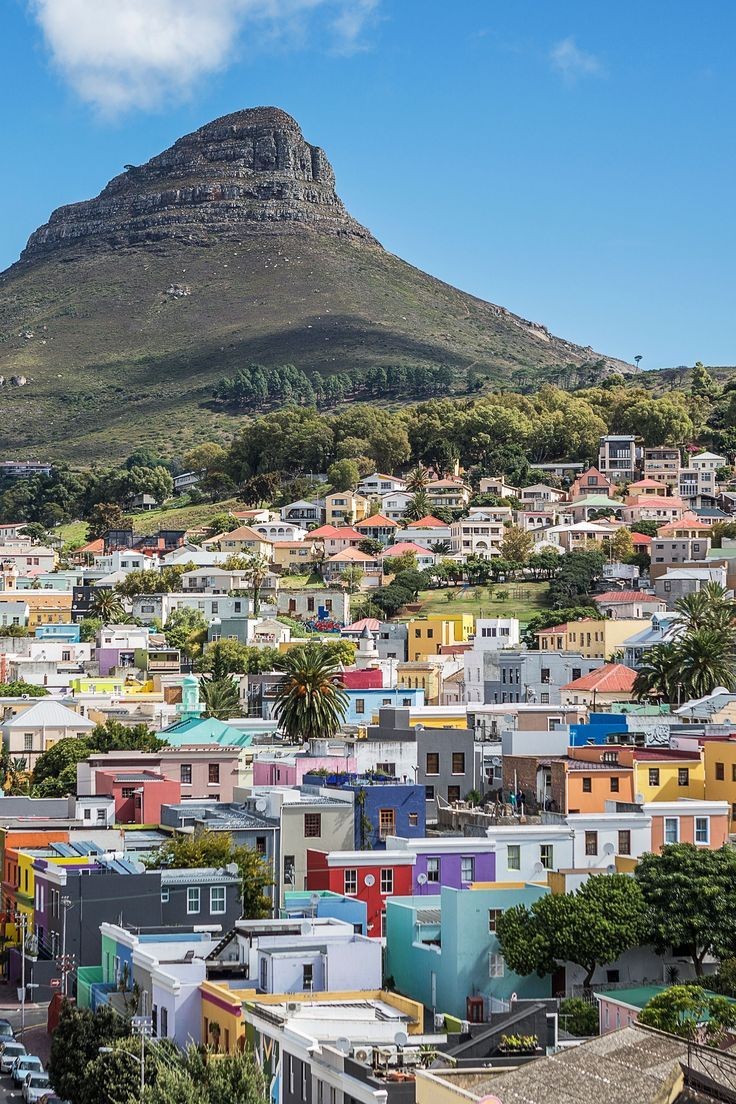
South Africa is the most industrialized country in Africa, and its exports are diverse, including minerals, metals, machinery, vehicles, and agricultural products. The top export commodities of South Africa are gold, platinum, diamonds, iron ore, and coal.
Nigeria (US$52.9 billion)
Nigeria is the most populous country in Africa, and its exports are dominated by crude oil and petroleum products. The top export commodities of Nigeria are crude oil, natural gas, and refined petroleum products.
Angola (US$41.8 billion)
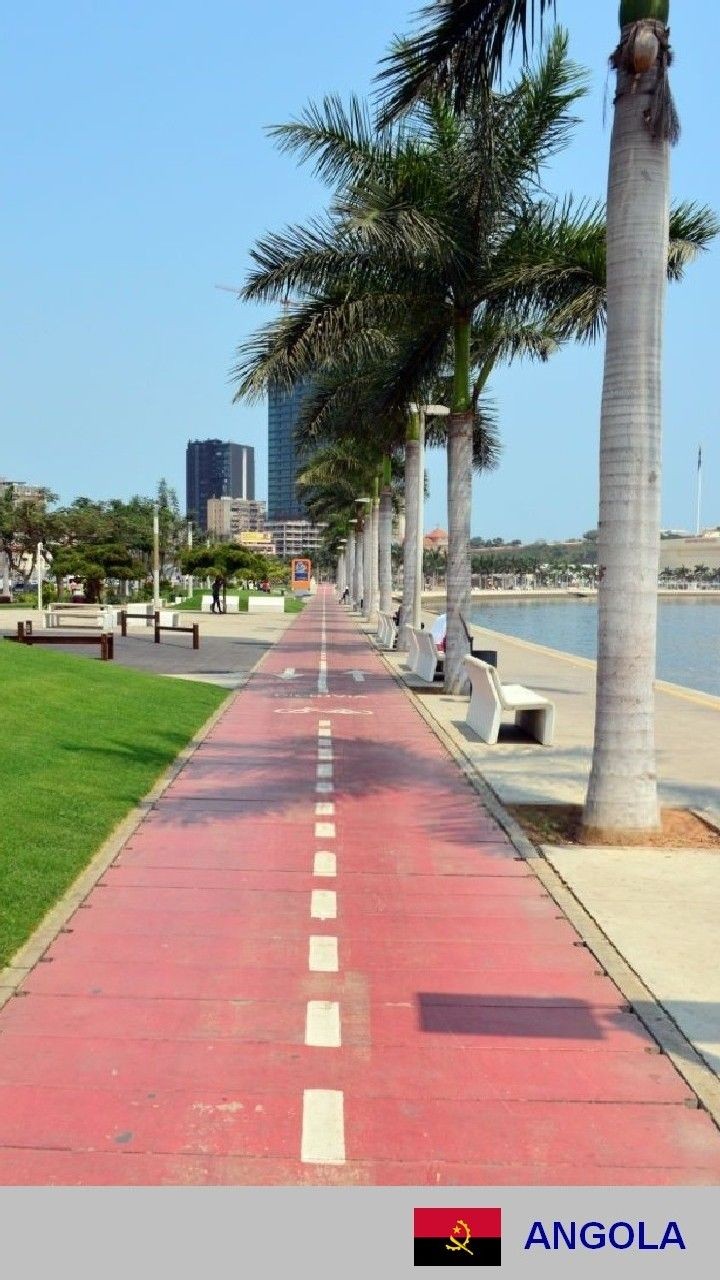
READ ALSO » Top 10 Most Powerful African Countries
Angola is a major oil producer, and its exports are also dominated by crude oil and petroleum products. The top export commodities of Angola are crude oil, diamonds, and coffee.
Algeria (US$41.7 billion)
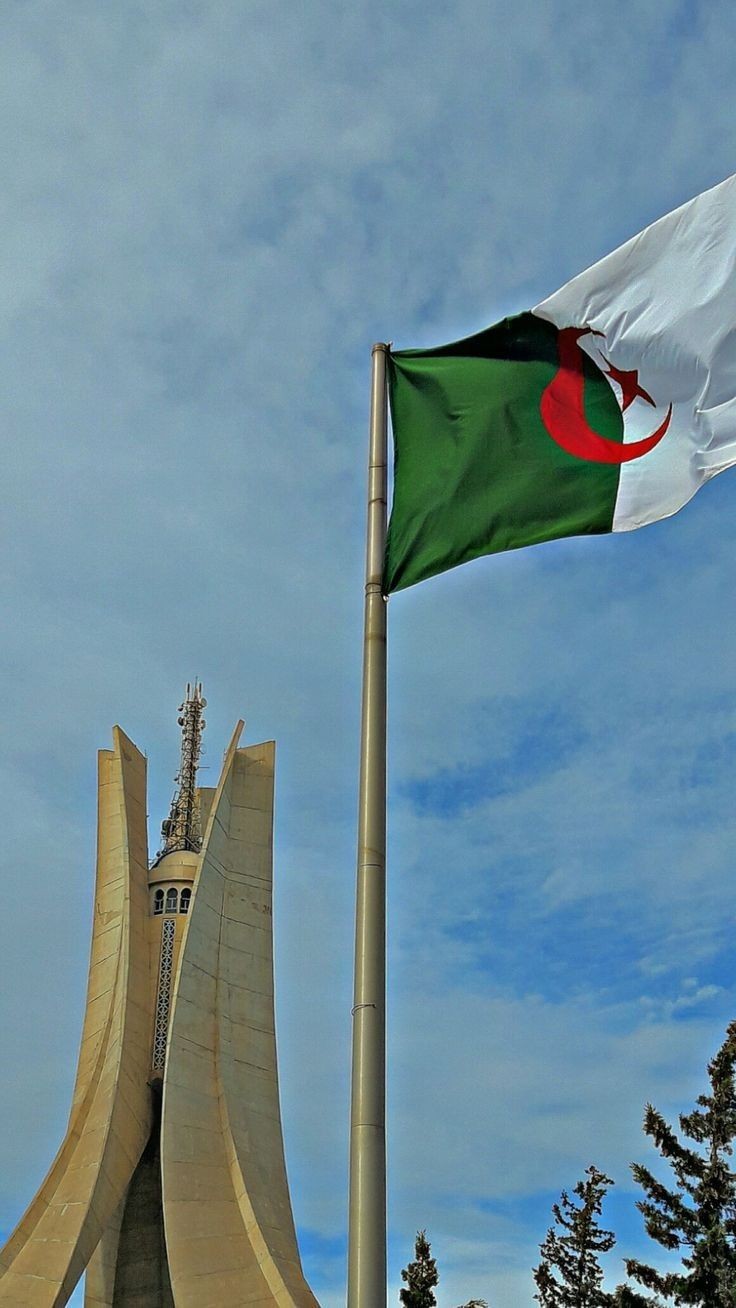
Algeria is another major oil producer, and its exports also include natural gas, minerals, and agricultural products. The top export commodities of Algeria are crude oil, natural gas, and iron ore.
Libya (US$30.6 billion)

Libya is a major oil producer, and its exports also include natural gas, agricultural products, and textiles. The top export commodities of Libya are crude oil, natural gas, and refined petroleum products.
Egypt (US$29.7 billion)
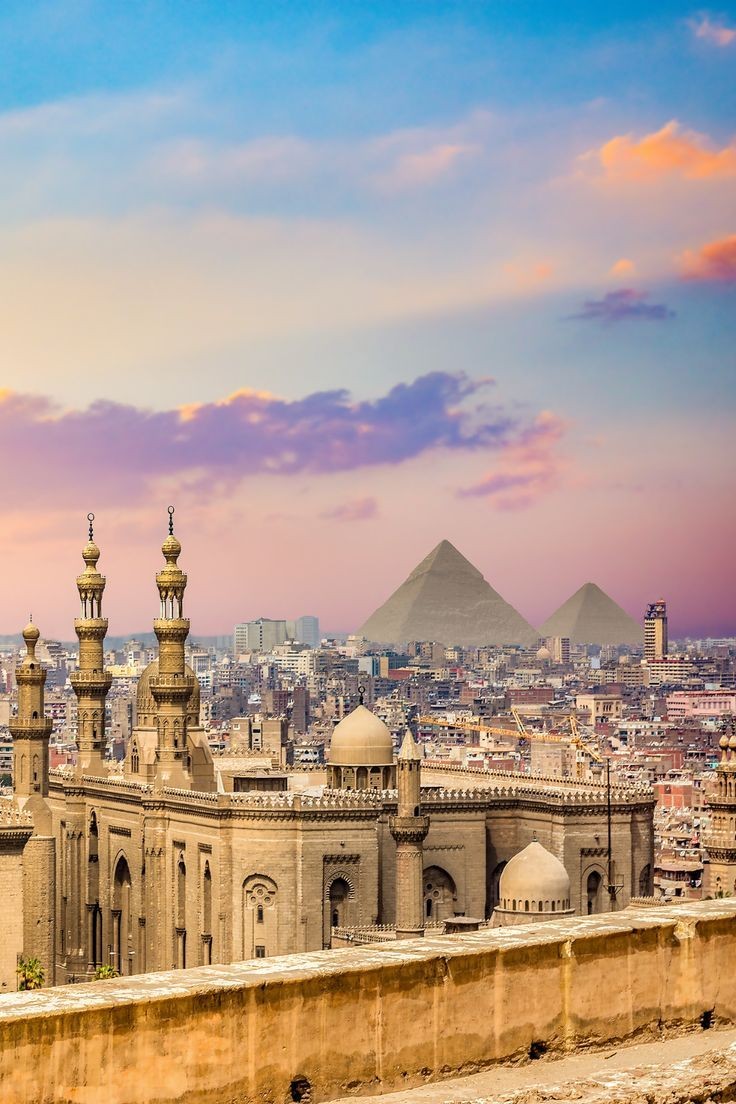
Egypt is a major agricultural exporter, and its other exports include petroleum products, textiles, and manufactured goods. The top export commodities of Egypt are cotton, wheat, and petroleum products.
Morocco (US$19.7 billion)
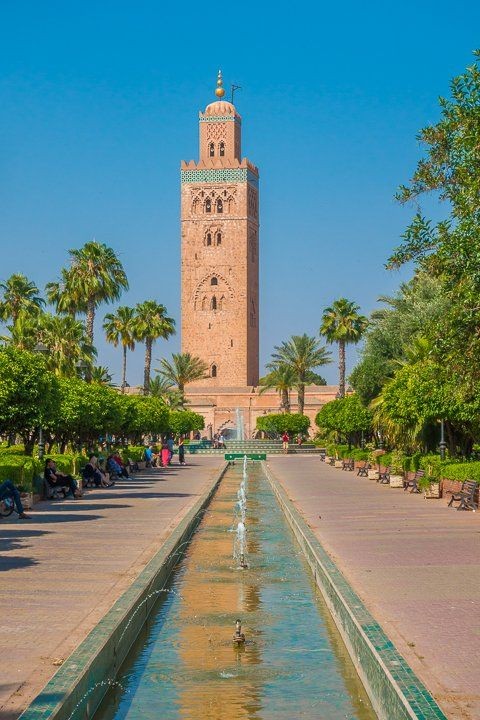
Morocco is a major agricultural exporter, and its other exports include phosphates, textiles, and manufactured goods. The top export commodities of Morocco are phosphates, citrus fruits, and textiles.
Ghana (US$18.8 billion)

Ghana is a major cocoa exporter, and its other exports include gold, timber, and manufactured goods. The top export commodities of Ghana are cocoa beans, gold, and timber.
Tunisia (US$16.2 billion)
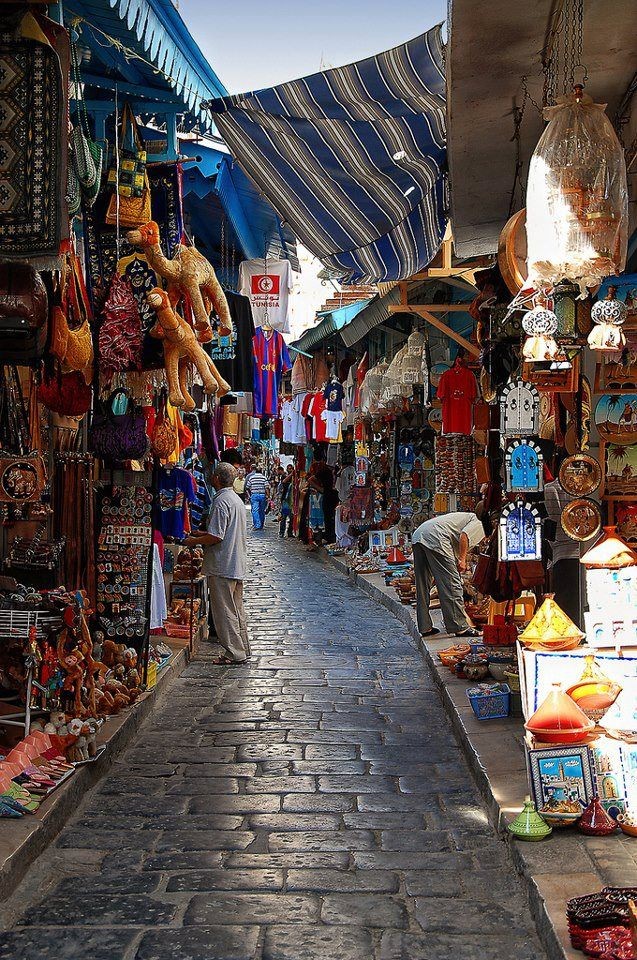
Tunisia is a major agricultural exporter, and its other exports include phosphates, textiles, and manufactured goods. The top export commodities of Tunisia are olive oil, phosphates, and textiles.
Côte d'Ivoire (US$15.9 billion)

READ ALSO » Top Five (5) Most Powerful African Passports 2024
Côte d'Ivoire is a major cocoa exporter, and its other exports include coffee, timber, and agricultural products. The top export commodities of Côte d'Ivoire are cocoa beans, coffee, and timber.
The top export destinations for African countries are:
- China
- European Union
- United States
- India
- Japan
The value of Africa's exports has been growing steadily in recent years, and is expected to continue to grow in the coming years. This growth is being driven by a number of factors, including: The increasing demand for raw materials from emerging economies, such as China and India. The growing middle class in Africa, which is driving demand for consumer goods. The increasing investment in infrastructure in Africa, which is creating new opportunities for trade. The growth of Africa's exports is a positive development for the continent, as it can help to boost economic growth and reduce poverty. However, there are a number of challenges that Africa needs to address in order to fully capitalize on this opportunity. These challenges include:
- The need to diversify exports away from raw materials
- The need to improve the quality of exports
- The need to reduce trade barriers
- The need to improve infrastructure
If Africa can address these challenges, it can position itself to become a major player in the global economy.
In addition to the challenges mentioned above, Africa also faces a number of other challenges, such as corruption, political instability, and conflict. These challenges can make it difficult to attract investment and trade, and can hinder economic growth.
Despite these challenges, Africa has a number of strengths that can help it to overcome them. These strengths include a young and growing population, a rich natural resource base, and a commitment to economic development.
If Africa can address its challenges and capitalize on its strengths, it has the potential to become a major economic power in the 21st century.
